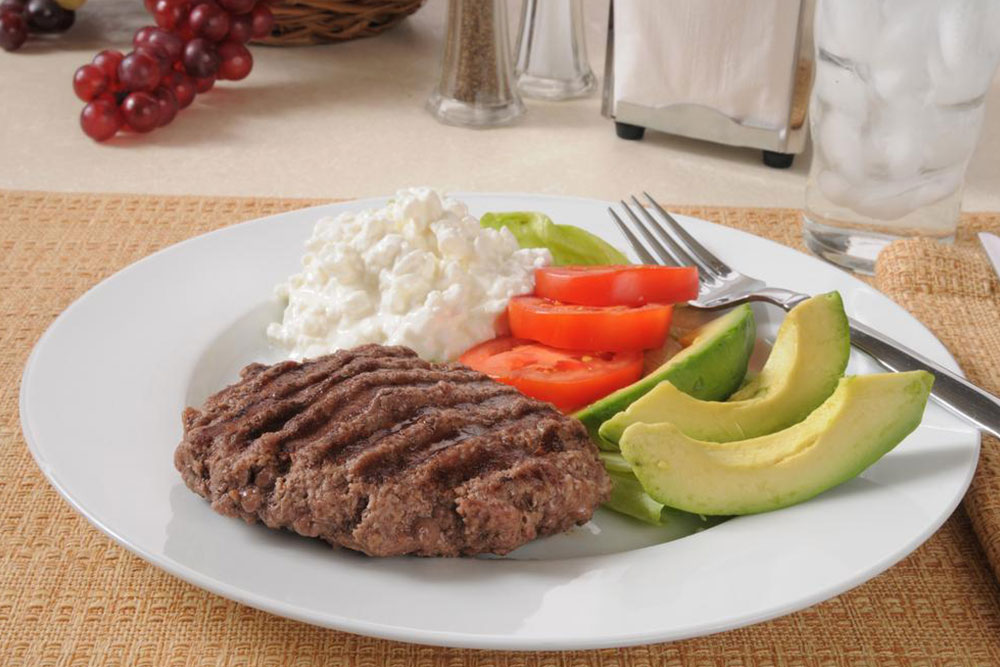Effective Strategies for Managing Fatty Liver Disease Through Lifestyle and Diet
This article discusses practical lifestyle and dietary strategies to manage fatty liver disease. It emphasizes regular exercise, moderate coffee consumption, herbal support, and a liver-friendly diet rich in garlic, leafy greens, omega-3s, fiber, and antioxidants. The article also highlights foods to avoid, such as processed sugars, fried foods, and refined grains, to prevent further liver damage. Follow professional advice and maintain consistency for best results in reversing early-stage fatty liver. A balanced approach can significantly improve liver health and overall well-being.

Strategies for Managing Fatty Liver Disease: Lifestyle Adjustments and Natural Remedies
Fatty liver disease occurs when excess fats accumulate in the liver, impairing its ability to function properly. Without timely diagnosis and intervention, it can lead to additional health complications. Once diagnosed, alongside medical guidance, adopting specific lifestyle habits is vital for effective management.
1. Engage in Consistent Exercise
Since fatty liver results partly from the liver's diminished capacity to break down fats, physical activity can help reverse this condition. Regular exercise aids in reducing liver fat and improving overall health.
In early stages, fatty liver can be reversed through lifestyle modifications. The goal is to enhance fitness and decrease liver fat. Moderate activities like brisk walking, jogging, or aerobics for at least 30 minutes, five times weekly, are highly recommended. Consistency is key for long-term results.
2. Consume Coffee Moderately
Coffee positively influences liver health by stimulating anti-inflammatory enzymes and reducing fat accumulation. It also lowers the risk of fibrosis. Coffee lovers can continue their morning routine, but should avoid excess sugar, as added sugars can aggravate fatty liver. Drinking black coffee or with minimal additives is ideal.
Some herbal ingredients, such as turmeric and milk thistle, may support liver health. Turmeric’s curcumin has anti-inflammatory effects, while milk thistle can enhance detoxification enzymes and reduce fibrosis. Always consult a healthcare professional before adding supplements, especially if you have allergies.
3. Incorporate Herbs, Spices, and Teas
Certain herbs and spices, like turmeric and milk thistle, show promise in supporting liver health by reducing inflammation and promoting detoxification. Teas infused with these herbs can be beneficial, but should be used after medical advice.
Diet Adjustments for Fatty Liver Management
Diet greatly influences disease progression. Choosing the right foods can help reverse liver fat accumulation. Focus on foods that support liver health, and minimize those that worsen the condition.
Foods to include:
Garlic: Rich in antioxidants, garlic helps lower liver fat, especially when eaten raw in early stages.
Leafy Greens: Spinach and kale contain compounds that may aid in reversing fatty liver, along with reducing risk.
Omega-3 Rich Foods: Salmon, tuna, sardines, nuts, and oils like olive and avocado reduce liver fat and support recovery.
Fiber-Rich Choices: Beans, legumes, whole grains, vegetables, and nuts improve liver function and help control fat buildup.
Antioxidant-Packed Fruits: Berries, nuts, and seeds high in vitamin E combat oxidative stress and support liver repair.
Foods to avoid:
Processed Sugars: Sweets, pastries, and sodas with added sugars increase fat deposition and worsen fatty liver.
Fried and Salty Foods: Fried foods and those high in salt add unnecessary calories and can exacerbate liver issues.
Refined Grains: White bread, white pasta lack fiber and can spike blood sugar, aggravating liver fat accumulation.
Note: Always consult healthcare professionals before making significant dietary changes or starting new supplements. Proper medical guidance is essential for effective management of fatty liver disease.










